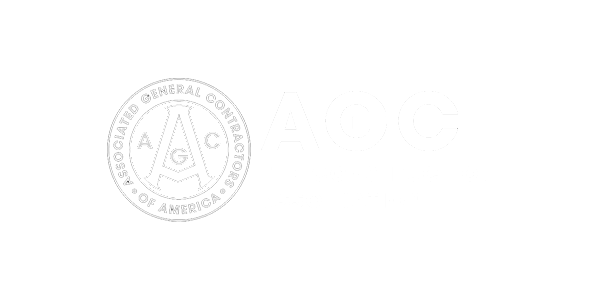Managing cash flow in construction is like trying to predict the weather all year round. It’s full of surprises. But with the right payment schedules, general contractors can more accurately predict their cash flow while ensuring they have enough reserves on hand to keep everything running smoothly.
Construction payment schedules are effective because they provide an agreed-upon financial roadmap that outlines when payments must be made from one party to another. As such, a payment schedule often breaks down the total project cost into smaller, manageable installments based on project milestones, time, or the completion of certain tasks.
Types of Construction Payment Schedules
There are many types of construction payment schedules. How you structure your contractor payment schedule will depend on factors like regulatory requirements, the contract you’ve signed, and the complexity and scope of your construction project.
Each payment format is suited to a different project type. Let’s explore each format so you can get an idea of which construction project payment schedule arrangement is best for your project.
1. Deposit and Final Payment
Commonly used for small to medium projects with straightforward deliverables and quick timelines, this type of payment involves an upfront deposit followed by a final payment upon project completion. The deposit is typically used to pay for permits, materials, and labor. The final payment can then cover profits and other expenses.
2. Time-Based Payments
Time-based payments are ideal in projects with a high degree of unpredictability and where the scope of a project may evolve. This model involves making payments at fixed intervals, such as weekly or monthly, regardless of how the project is progressing. For general contractors, time-based payments offer financial stability and predictability as cash flow and payments are guaranteed.
3. Retainage
Retainage, also called retention, involves withholding a specific percentage of each payment until the completion of the project. Retainage is employed in construction projects of all sizes and provides a financial incentive for subcontractors to complete projects to your satisfaction. Retainage is typically 5–10% of the contract price.
4. Milestone-Based Payments
This construction payment system releases funds upon reaching specific, pre-defined project milestones. It is a versatile approach suitable for any construction project, so long as you have clearly defined goals. This method ensures each phase of work is completed according to plan before advancing to the next, providing a structured way to manage progress and your finances.
5. Progress Payments
This approach involves making payments throughout a project, based on the work completed or upon reaching certain milestones. It is effective for long-term projects that require ongoing investments, such as large-scale construction or infrastructure developments. Progress payments are beneficial for general contractors as they provide a steady flow of cash throughout the project, which helps keep operational costs and subcontractor payments under control.
6. Completion-Based Payments
This method involves making a payment once an entire project — or a crucial segment of it — is fully completed. For example, a contractor might only receive full payment after finishing the construction of a house or after completing all electrical installations in a building. Completion-based payments are often preferred because they incentivize subcontractors to meet deadlines while upholding quality standards through to the project’s end.
What Your Construction Payment Schedule Should Include
Including the following details will help you craft a construction payment schedule that ensures smooth project execution and timely payment.
- Project Name and Details: Start with the basics. Clearly state the project name, location, and a brief description. This ensures everyone’s on the same page about what project the general contractor payment schedule refers to.
- Payment Types: Outline the different types of payments — like deposits, progress payments, and final payments. This helps clarify how the financial flow is structured.
- Schedule: Detail when payments need to be made and what percentage of the total contract amount each payment represents. Setting specific dates or linking payments to project milestones keeps the financial timeline clear.
- Milestones and Corresponding Payments: Connect specific project milestones to their corresponding payments. This motivates timely work and ties financial rewards to concrete achievements.
- Conditions for Payment Release: Be clear about what needs to be done for payment to be released. Whether it’s passing an inspection or completing a certain percentage of the work, these conditions help avoid disputes.
- Signatures: Don’t forget the formalities. Have all key parties sign off on the construction project payment schedule. This legally binds everyone to the agreed terms.
- Detailed Breakdown of Costs: While not always necessary, including a detailed breakdown of costs for labor, materials, and equipment enhances transparency and accountability.
- Payment Methods: Specify acceptable payment methods to avoid any later confusion or delays in processing payments.
- Change Provisions: Projects evolve, and so should your payment schedule. As such, be sure to include a clause on handling changes to work scope or payment terms.
- Dispute Resolution Procedures: Finally, outline how to resolve any payment disputes. Having a clear procedure can save a lot of headaches and legal fees down the line.
Unlock Efficient Payment Scheduling with GCPay
Choosing the right type of payment schedule for your project is key to ensuring that cash flow is steady and predictable. This is essential for minimizing risk, keeping the project moving forward, and safeguarding your cash flow.
To streamline your construction payment schedules, consider leveraging technology solutions like GCPay. Our platform automates the payment process, simplifying the management of payment applications and reducing your administrative burden. With GCPay, you can ensure that payments are made on time and according to plan, helping you to manage cash flow more effectively and focus on successful project execution.
Interested in seeing how GCPay can transform your payment processes and help you overcome common cash flow challenges? Book a demo.








